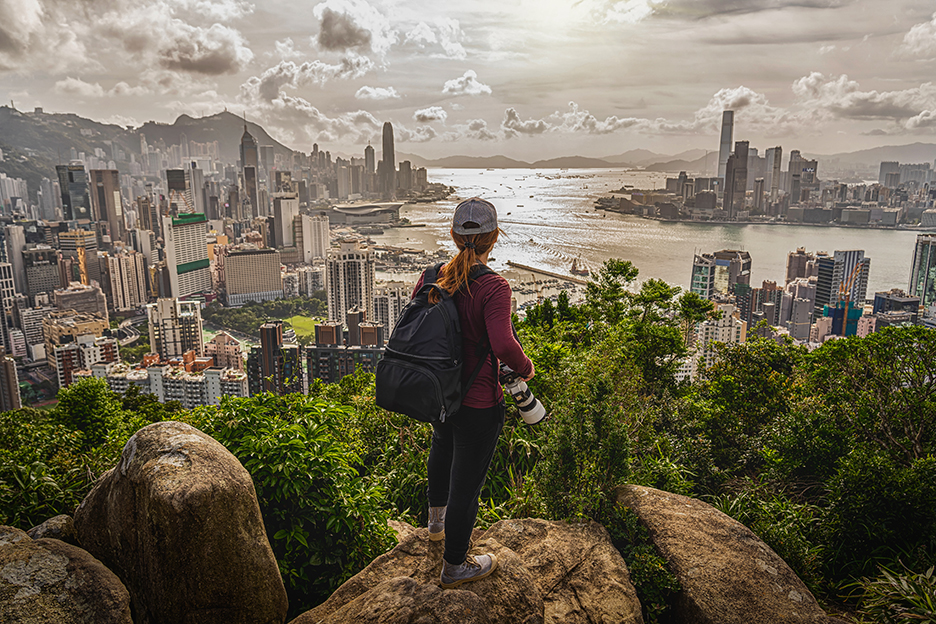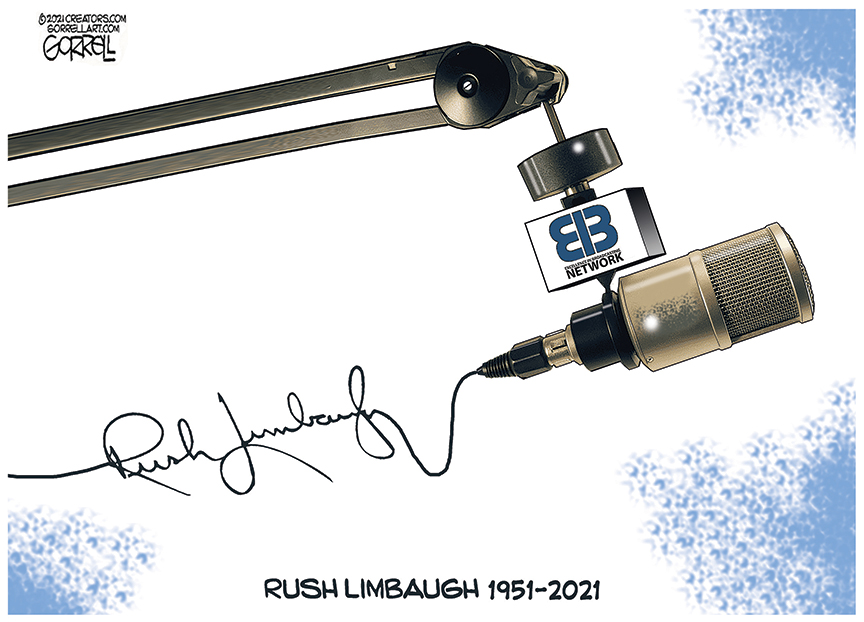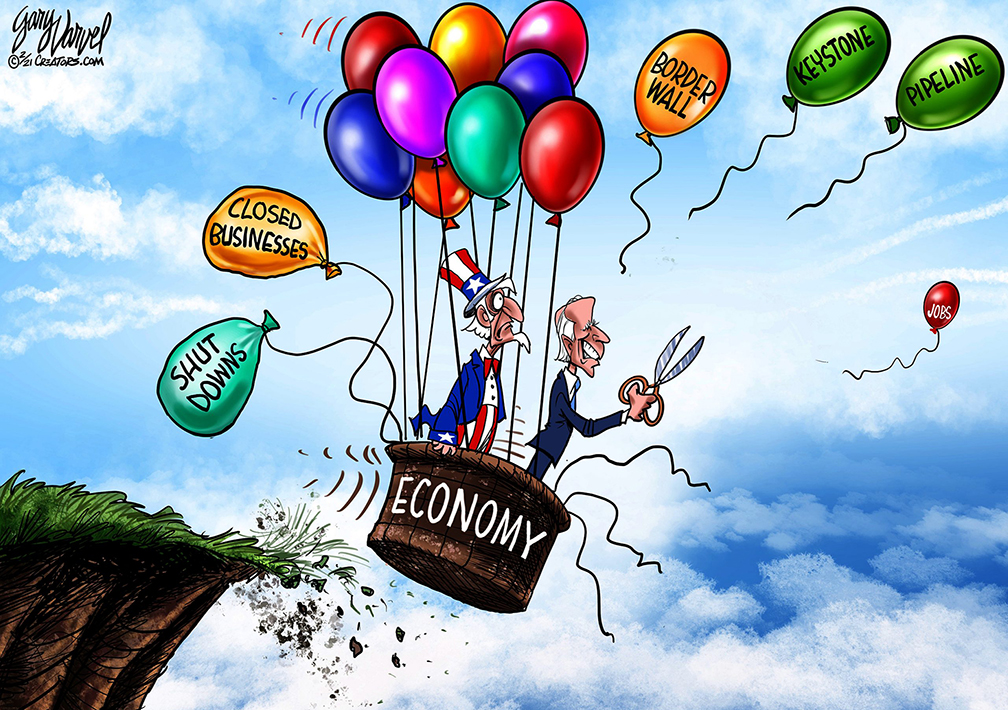Hong Kong’s Weathervane


by John J. Metzler
Weirs Times Contributing Writer
Beijing’s tightening noose on Hong Kong foretells many things both in the successful city state as much as throughout the opaque vastness of China itself. Clearly, the widening communist political crackdown on Hong Kong’s rights and freedoms was expected given the successful city-state’s thriving democracy. Despite large pro-democracy demonstrations against China’s actions, effective Western political and economic pushback will serve as a weathervane determining Beijing’s next moves.
Though there’s been selective global outrage when the Chinese Communist Party (CCP) imposed a draconian national security statute on Hong Kong, in direct breach of the Anglo/Chinese agreements, Beijing calculates that the West preoccupied and distracted by the COVID-19 pandemic may react only with measured rhetoric but not tough actions.
The U.S. Senate approved a bill authorizing further sanctions on Chinese officials involved in implementing the draconian moves in Hong Kong. Secretary of State Mike Pompeo moreover stated, “Free Hong Kong was one of the world’s most stable, prosperous, and dynamic cities. Now it will be just another communist-run city, where its people will be subject to the party elite’s whims.”
Hong Kong’s brash lack of deference to the monolithic People’s Republic has long irked Beijing’s Marxist mandarins. But now that Shanghai and other Mainland cities have economically surpassed Hong Kong, the primary socio/political threat from the 7.5 million city on the China coast stems from Hong’s Kong’s relatively robust political freedoms and civil rights, somewhat free media, not to mention its financial clout. That’s changing fast though.
The new crackdown ironically coincides with the anniversary of the former British Crown Colony’s reversion to Chinese rule in 1997, a time when outside observers including this writer felt nervously optimistic about Hong Kong’s future. Though Beijing largely honored the accords for twenty years, during the past three years it has dramatically eroded the rule of law thus creating the crisis.
Christopher Patten, the last British governor of Hong Kong, said: “This decision, which rides roughshod over Hong Kong’s elected legislature, marks the end of ‘one country, two systems.’ It is a flagrant breach of the Sino-British joint declaration, a treaty lodged at the United Nations, and Hong Kong’s mini constitution, the “Basic Law.”
UK Prime Minister Boris Johnson moreover described China’s actions a “serious breach” of the terms under which Britain turned over control of Hong Kong in 1997.
European Union leaders condemned China’s “deplorable decision.”
The UN Human Rights Council in Geneva became a rhetorical battleground between countries supporting China and those daring to criticize China. Cuba led a list of 53 countries backing Beijing; the mendacious muddle including Iran, Myanmar (Burma) Pakistan, Palestine, Saudi Arabia, Sudan, Venezuela and Zimbabwe. Twenty-seven democratic states including Australia, Austria, Canada, Estonia, France, Ireland, Germany, Japan, Latvia, Lithuania, New Zealand, Norway, Slovakia, Switzerland, and the U.K opposed the move. Given that the USA withdrew from the Council in 2018, Washington could not formally vote. While the outcome was hardly surprising in the hothouse of the Human Rights Council, it ironically underscored China’s clout.
This hardly means the USA is not engaged. The Trump Administration’s tough pushback on Beijing has been tightening China trade sanctions and has ended Hong Kong’s special trade status with the U.S. Moreover, the President’s Uyghur Human Rights Policy act which warns “companies with supply chain links to entities complicit in forced labor and other human rights abuses in Xinjiang and throughout China,” has again refocused on Beijing’s rights failings.
But while attention has been on Hong Kong, we recall the old Chinese military stratagem,
“Make Noise in the East, and attack in the West.” Consider for a moment while the Corona virus obsessed world watches Hong Kong, China has carried out deadly military skirmishes along the sensitive Indian/Chinese frontier, continued to probe the disputed waters of the South China Sea, and ominously shadowed Taiwan. Will Chairman Xi Jinping use Hong Kong’s crisis as a feint to to draw foreign attention while other strategic plans could be afoot?
Conversely Beijing’s actions to suffocate tiny Hong Kong do not signal a strong confident Chinese government but rather nervous People’s Republic which is increasingly wracked by internal discord stemming from the monumentally mishandled Wuhan Corona virus pandemic, the ensuing economic downturn, and shadows of corruption and illegitimacy which traditionally plague the regime.
Secretary Pompeo stressed, “This isn’t a U.S-China challenge. This is a challenge that is between freedom and authoritarianism. And so long as we keep that foremost in our minds, I’m confident that the freedom-loving peoples of the world will prevail.”
John J. Metzler is a United Nations correspondent overing diplomatic and defense issues. He is the author of Divided Dynamism the Diplomacy of Separated Nations: Germany, Korea, China.



